10 Must‑Know Tips Before You Rent an RV for the Road
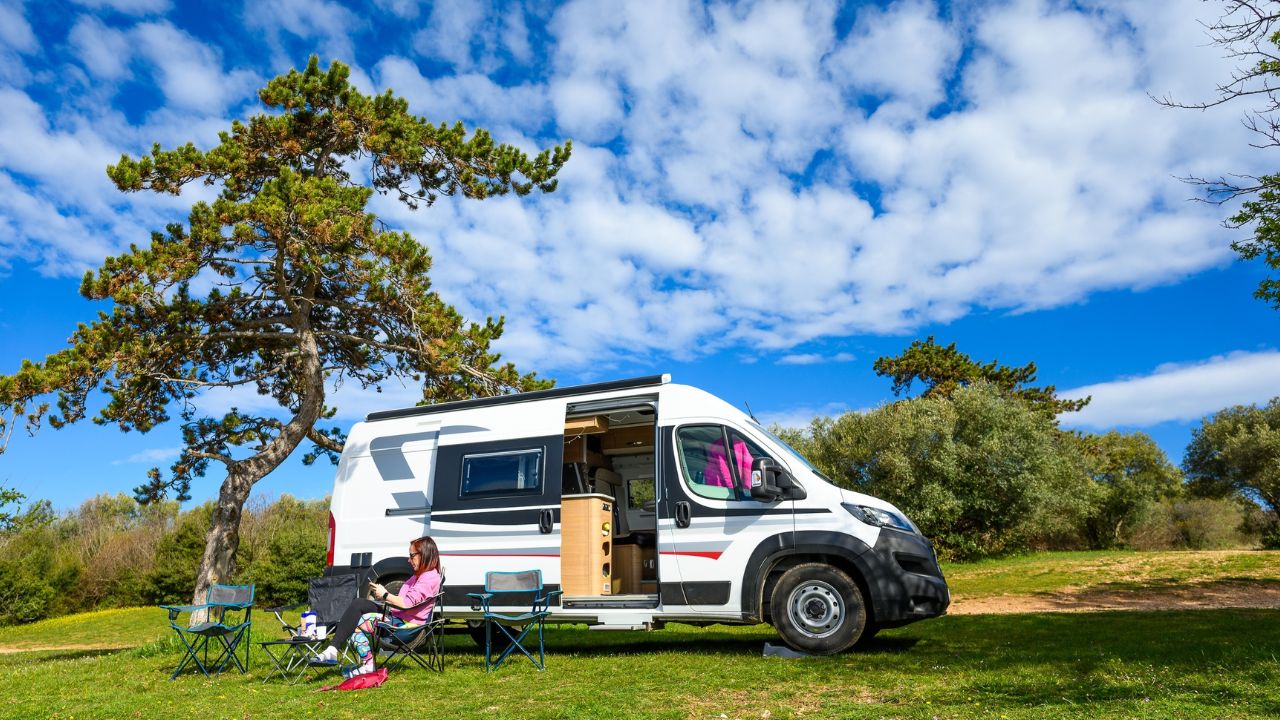
Thinking about hitting the road in an RV? Whether you’re planning a weekend escape or a cross-country adventure, renting an RV offers freedom, flexibility, and a chance to explore at your own pace. But before you book that rolling home, it’s important to know the ins and outs from size and setup to campground rules. These 10 tips help couples feel confident and prepared, so your RV getaway can be smooth, romantic, and full of unforgettable moments.
1. Choose the Right Size for Your Trip
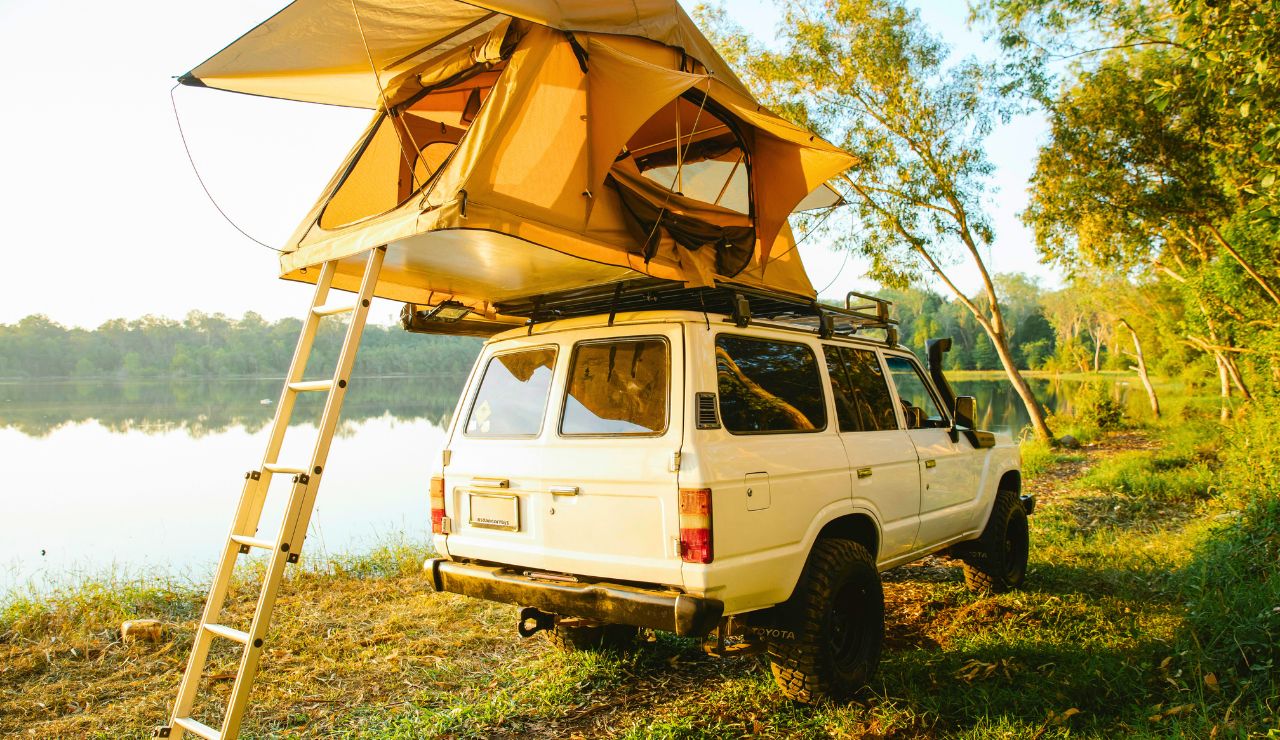
RVs come in many shapes and sizes, from compact vans to full-size motorhomes. For couples, a mid-size Class C or a small travel trailer usually offers the best balance between comfort and ease of driving. Think about how much room you’ll need for sleeping, cooking, and relaxing without making things feel too tight. Also factor in your route larger RVs can be tricky to park or drive through narrow, scenic roads. Choosing the right size helps avoid stress and keeps your adventure feeling spacious and fun.
2. Understand Hookups Before You Roll In

RV hookups provide water, electricity, and sewer access, but not all campgrounds offer full service. Some only have partial connections or none at all. That’s why it’s important to understand how your RV systems work before you hit the road. Watch a few videos or ask your rental company for a hands-on walkthrough. Learning how to safely connect and disconnect hookups can prevent stress, spills, and late-night problems. A little prep goes a long way toward keeping your trip smooth, clean, and comfortable.
3. Book Campsites in Advance
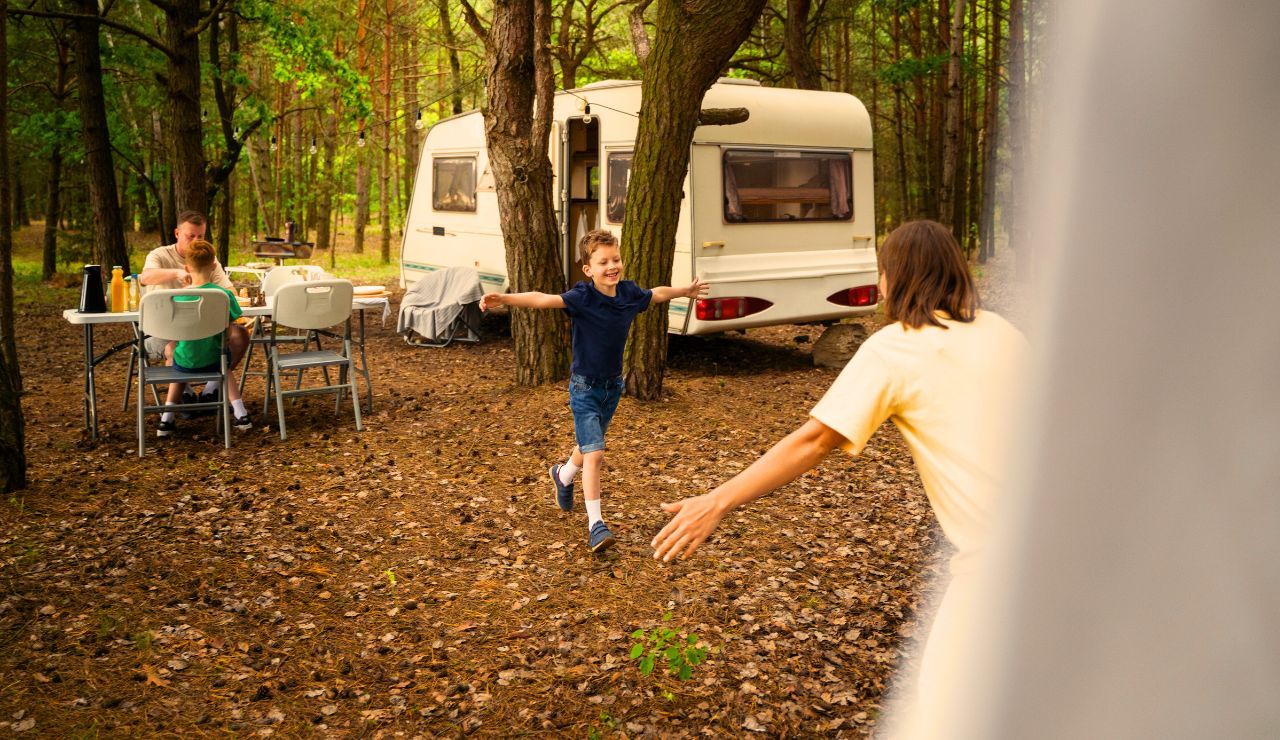
Popular RV parks and scenic campgrounds can fill up quickly, especially on weekends or holidays. If you’re aiming for national parks or waterfront views, don’t count on last-minute availability. Reserve your spots early to secure the amenities you need and the views you’ll love. Early booking also lets you choose quieter sites or those with extra privacy ideal for couples looking to unwind. With a little planning, you’ll avoid the stress of being turned away and instead focus on enjoying those golden-hour views together.
4. Learn the Basics of RV Driving
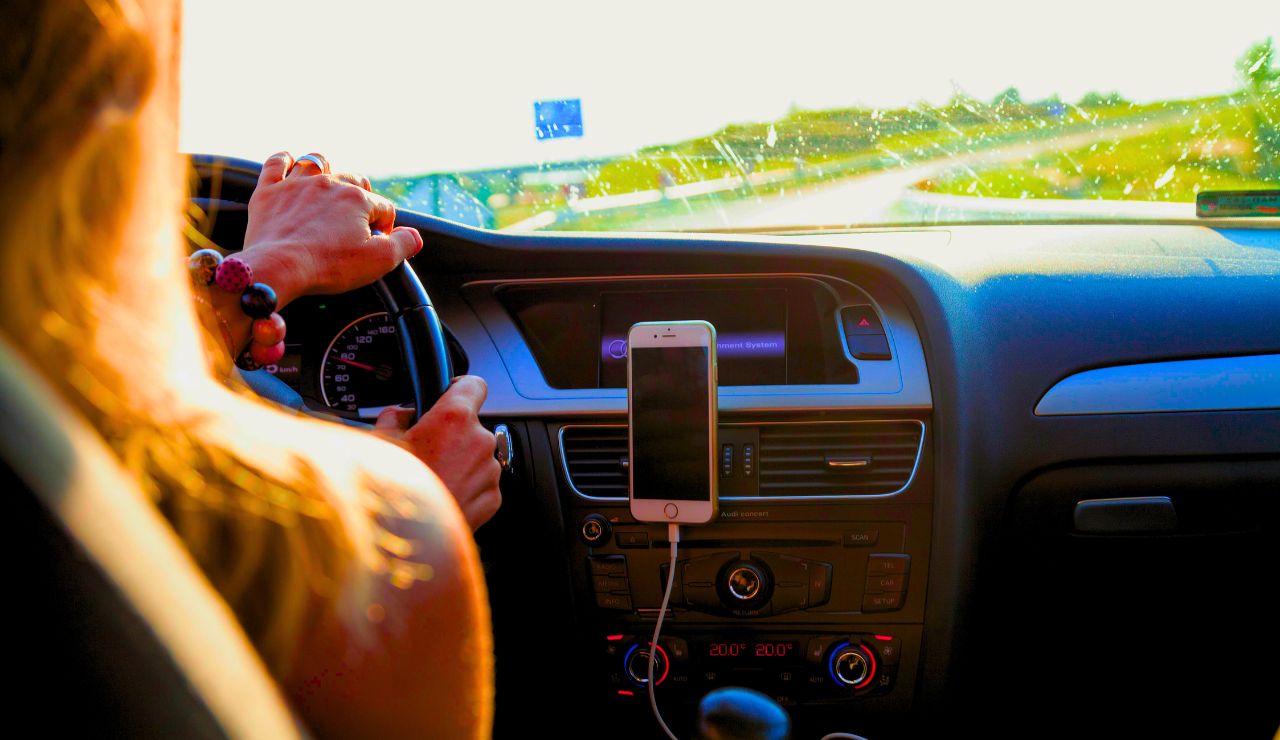
Driving an RV isn’t like driving a car, it’s bulkier, slower to brake, and requires more awareness. Take time to practice before your trip, especially with turns, backing up, and parking. Try a few slow laps in a quiet lot or neighborhood to build confidence. Always watch for height clearance signs and give yourself plenty of space when cornering. While most rentals don’t need a special license, understanding how your RV handles will make the road feel less intimidating and your tour a lot smoother
5. Pack Smart and Light
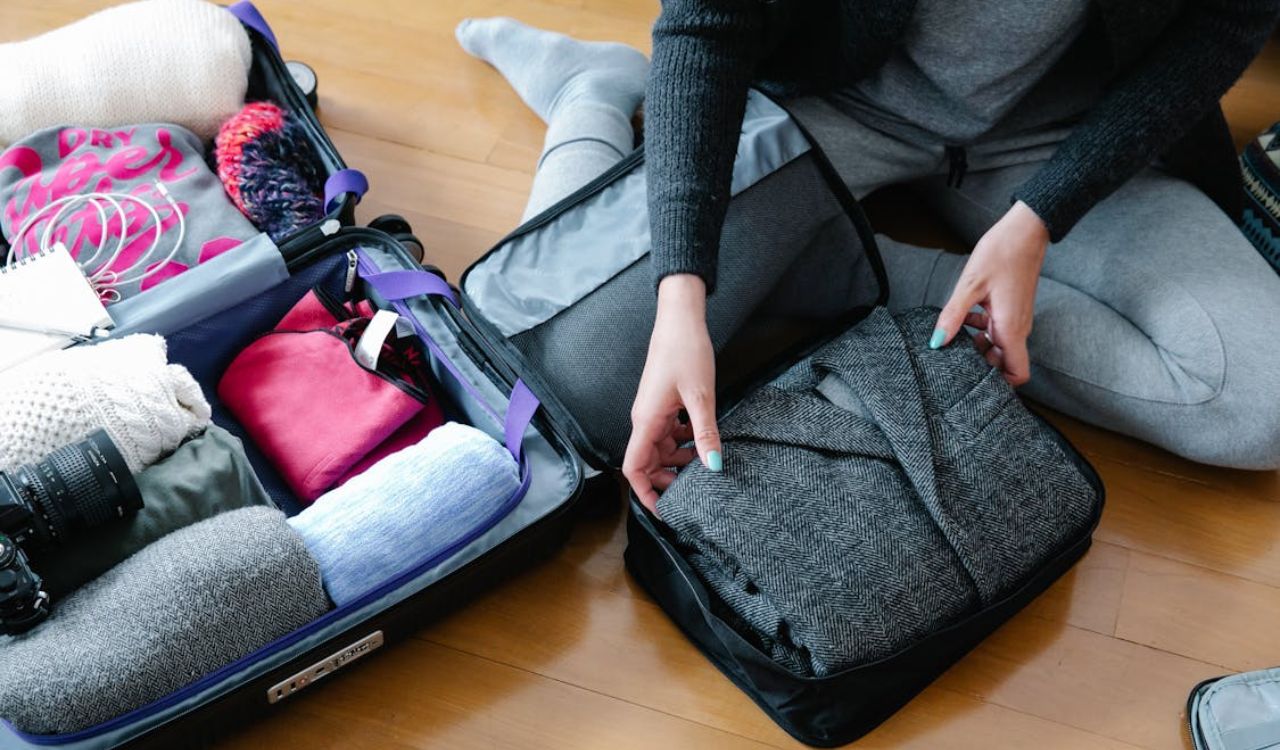
RVs have limited space, so packing efficiently makes a big difference. Choose versatile clothing layers, compact kitchen tools, and multi-use items. Soft-sided bags are easier to tuck away than bulky suitcases. Essentials like flashlights, bug spray, and a small toolkit can come in handy more often than you think. Staying organized keeps your tiny home-on-wheels cozy instead of cluttered. When everything has its place, you’ll spend less time searching and more time enjoying the adventure together.
6. Know Your Power and Water Limits
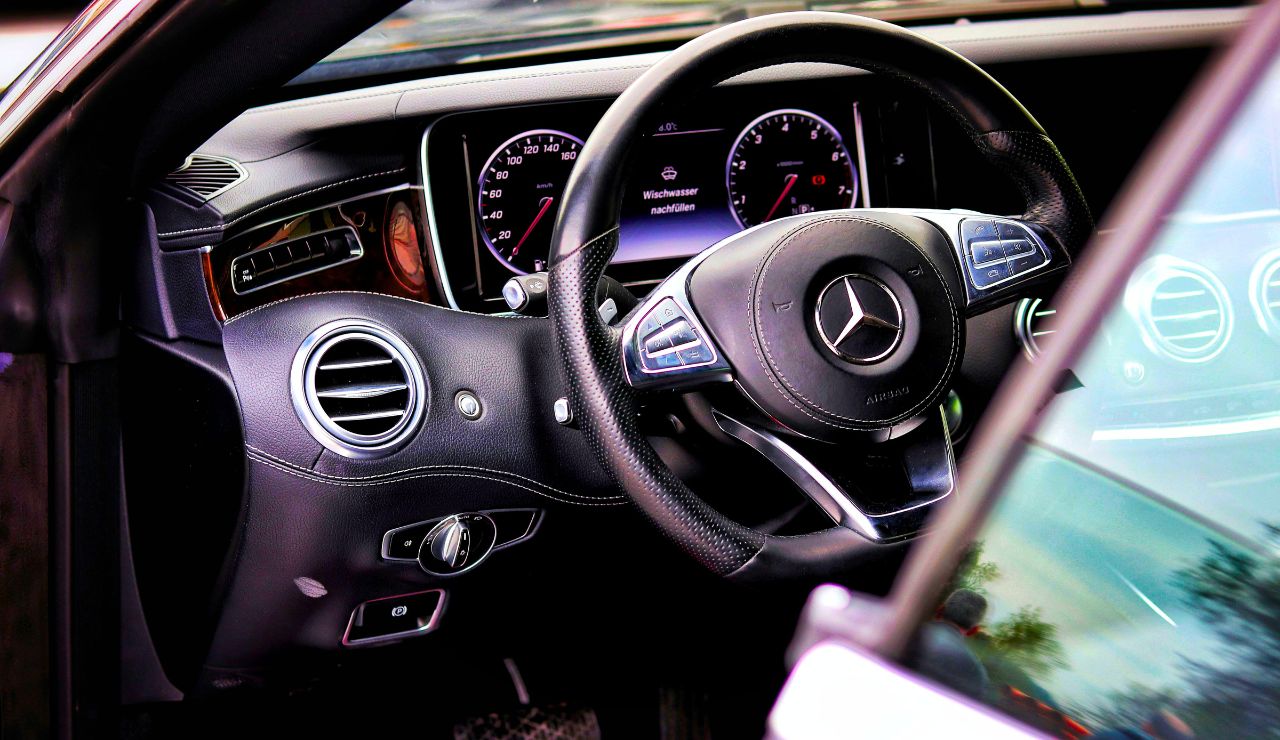
When you’re not connected to full hookups, your RV relies on its own limited power, water, and waste storage. Learn how long your battery and tanks can last based on your daily use. Take quick showers, turn off lights when not needed, and be mindful of water usage in the kitchen. If you’re planning to camp off-grid (boondocking), a portable solar panel or generator can be a smart backup. Staying aware of your limits helps avoid unpleasant surprises and keeps your road trip running smoothly and stress-free.
7. Budget for Fuel and Extras

RV getaways can feel budget-friendly, but expenses add up quickly. Fuel costs are significant especially with larger rigs that get low mileage. Don’t forget to factor in insurance, propane, food, mileage fees, and campground reservations. You may also need to pay for dump stations or generator use. Planning your budget ahead of time helps you stay on track and avoid stress later. Knowing what to expect financially means you can focus more on enjoying the travel with your partner and less on surprise charges.
8. Check What’s Included With the Rental

Every rental company is different some RVs come stocked with linens, cookware, and camping gear, while others include only the basics. Ask for a full inventory before pickup so you know exactly what to pack. Extras like outdoor chairs or kitchen kits may cost more if rented separately. Bringing your own cozy blankets, favorite mugs, or cooking essentials can make the space feel personal and romantic. A little preparation ensures you’re not caught off guard and helps create a more comfortable, home-like experience on the road.
9. Plan Your Route (But Leave Room to Roam)
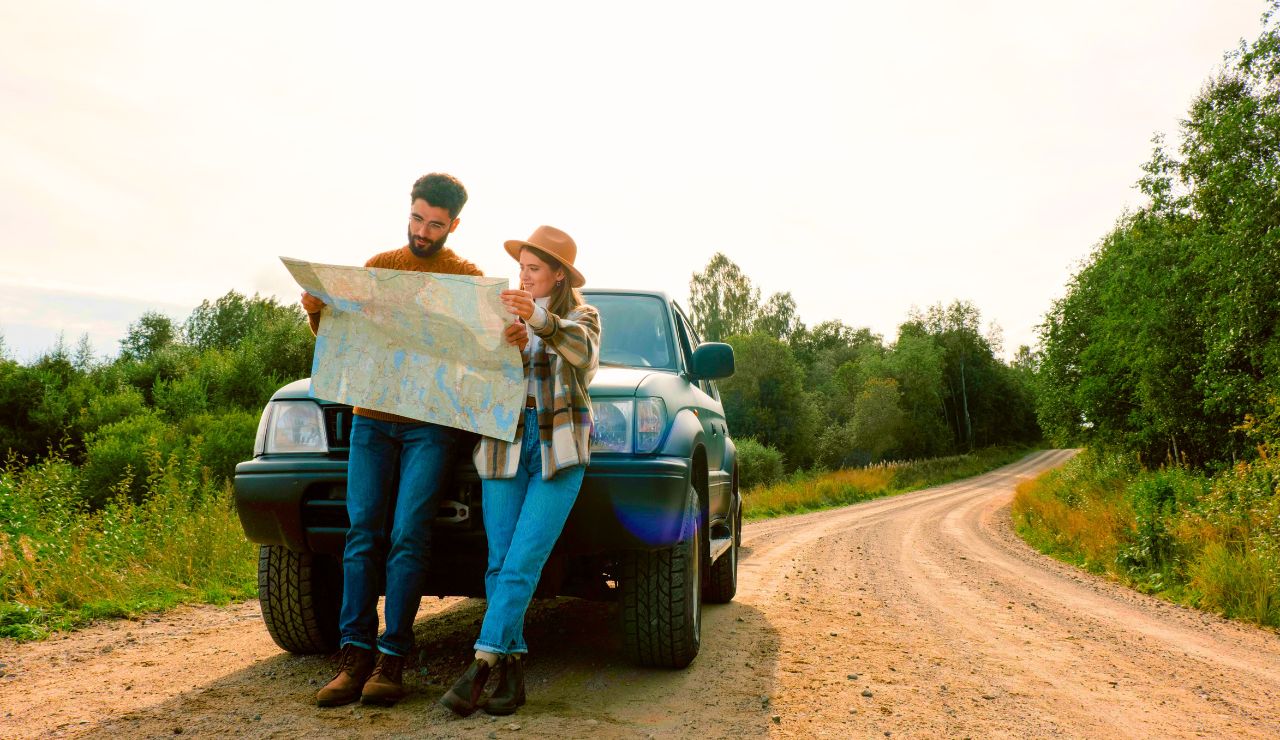
Part of RV life is embracing the freedom to explore, but having a loose itinerary helps avoid stress. Use RV-specific apps to find fuel stops, check for low-clearance bridges, and locate overnight parking. Aim to arrive at campsites before dark, and know your driving limits so the day stays fun, not exhausting. A general route ensures you hit key highlights while leaving space for spontaneous detours like a scenic overlook, roadside diner, or small-town festival that make road trips feel unforgettable.
10. Embrace the RV Lifestyle Together
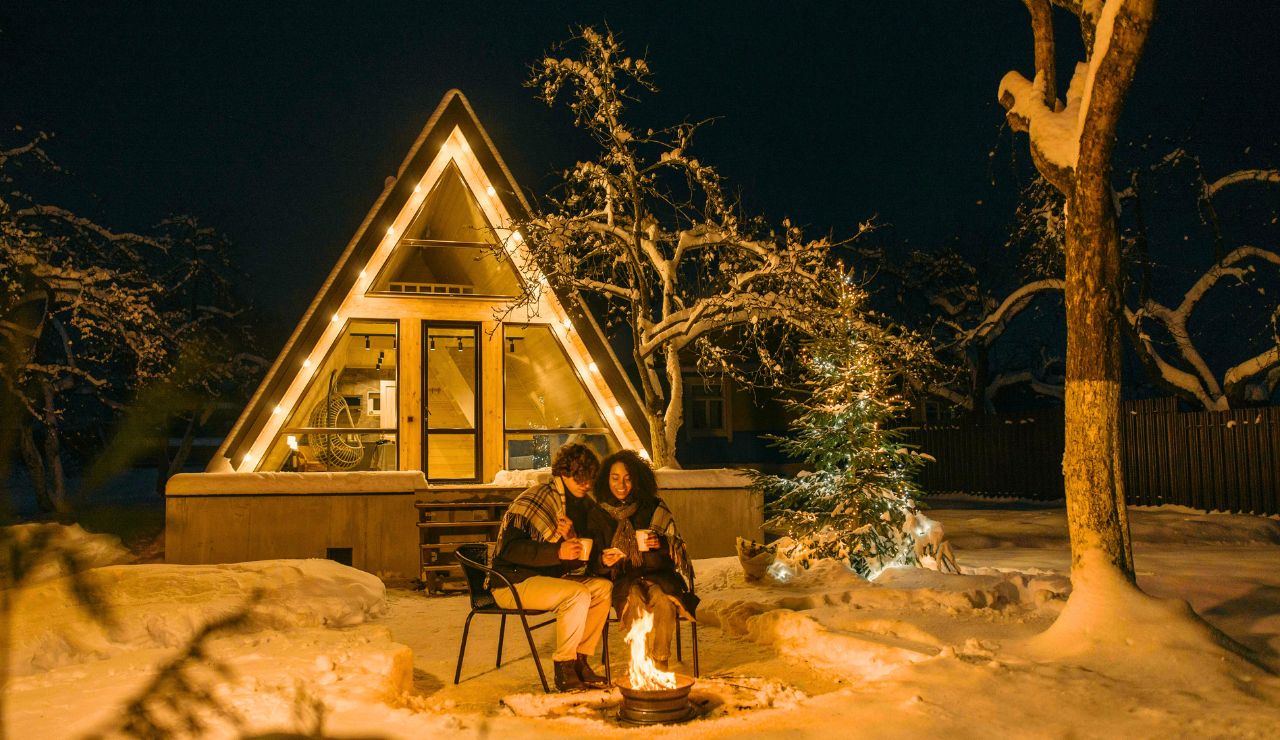
RV travel is more than getting from point A to B, it’s about embracing the trip, quirks and all. Things may not always go as planned a leaky hose, a GPS misdirection but these moments become part of the story. Whether you’re sipping coffee by a misty lake or stargazing from your camp chairs, RV life invites you to slow down and connect. With teamwork, patience, and a little humor, your trip becomes a collection of shared experiences that deepen your bond and leave you with unforgettable memories.